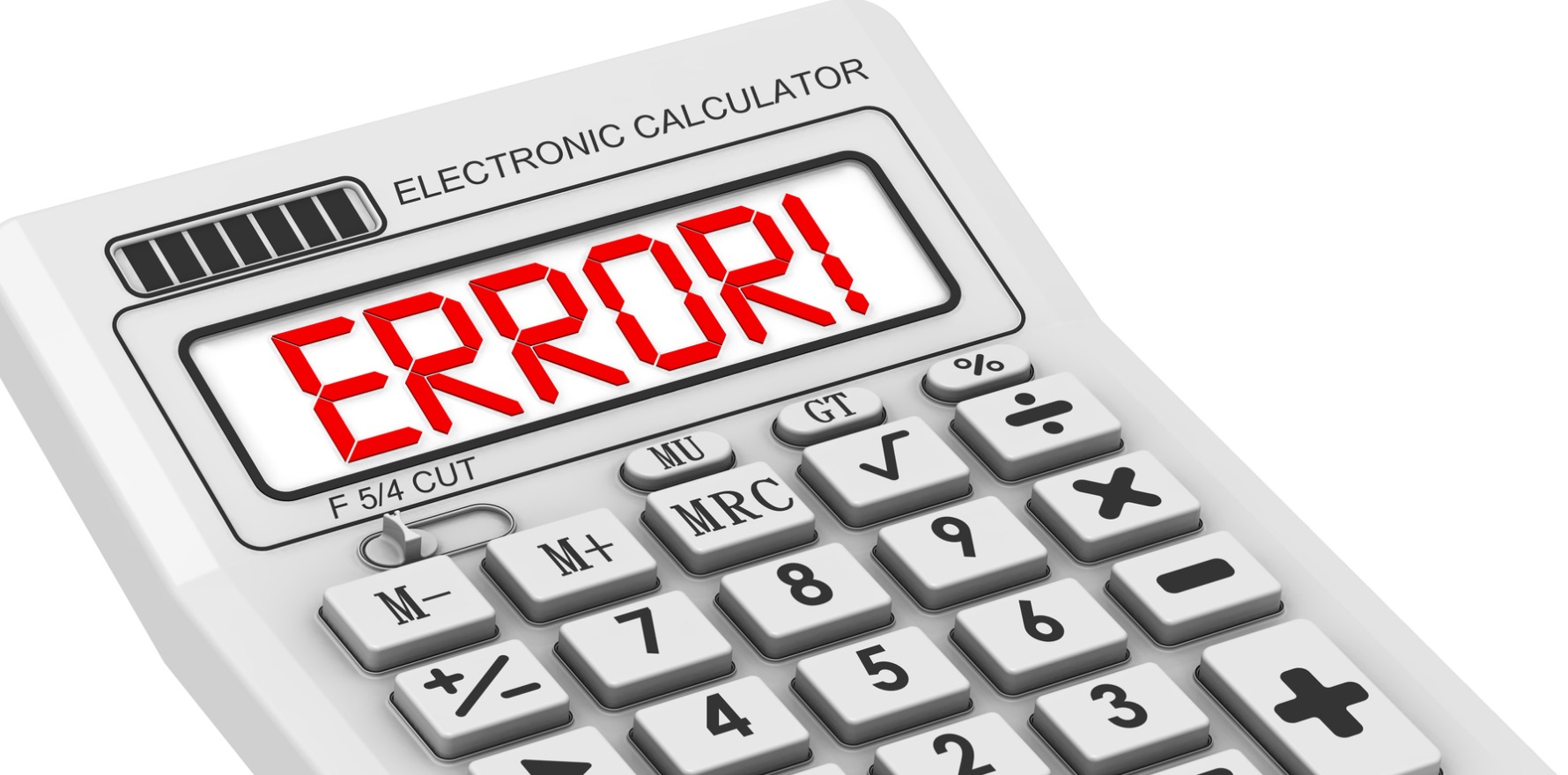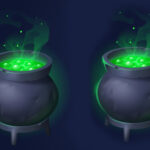All MBS item numbers are equal, but some are more equal than others.
The government’s $3.5 billion investment in bulk billing incentives might be the biggest single funding injection in Medicare history, but popular items covering chronic conditions and mental health won’t see a cent.
Promised as part of the May budget, the funding boost will arrive in about one month’s time on November 1.
The bulk billing incentive will only apply to four of the five time-based face-to-face consults (regular and after hours), levels B through to the yet-to-be-established level E; level A consults (items 3 & 4) are excluded.
Level B telehealth general attendance consults are also included, as are level C through E video items and level C and D phone items, but only if the patient is registered with the practice via MyMedicare.
This leaves out other GP non-referred attendances, specifically the items covering mental health and chronic disease; they will still be eligible for the bulk billing incentive, but only the regular, non-tripled amount.
Antenatal care items are also excluded.
A Department of Health spokesman told The Medical Republic that the decision as to what item numbers to include in the triple-incentive initiative was made “to support general practitioners to continue to bulk bill … for the most common types of consultations”.
It is worth pointing out, then, that the latest MBS data indicates that while level B and C consults do make up the bulk of all GP non-referred attendances (66% and 12% respectively), level D consults only make up 1%.
Meanwhile, chronic and complex disease items make up 6.3% of the total and mental health attendances account for 2% of GP billings.
The fact that these items were excluded is particularly important because GP mental health items already net fewer dollars per minute than a regular time-based consult.
A general consult of 20 minutes or more nets a patient rebate of $79.70, increasing to $117.40 if the consult goes over 40 minutes.
When the consult is about ongoing management of a patient’s mental health, though, the highest available rebate is $78.55 for a 20-minute-or-more consult (item 2713).
Even in the best scenario, where the consult lasts exactly 20 minutes, the GP would receive slightly less than if the patient had been there for the exact same amount of time for a physical health complaint.
Because the bulk billing incentive for item 2713 won’t increase as it will for general consults of the same length, GPs who do more mental health work – often women – and already make less than their peers could be further disincentivised.
It’s also worth noting that bulk billing incentives are tiered by rurality – MMM1 areas will get less money than regional and remote areas.
In big capital cities, the incentive payment goes from $6.60 to $20.65, while in MM2 regions it rises to $31.40, MM3-4 areas get $33.35, MM5s receive $35.40, MM6s get $37.40 and MM7s can get $39.65.
That means that if a patient went to see a GP in Brisbane for a 30-minute mental health condition and was bulk billed, the rebate with bulk billing incentive included would be $85.15.
If that same consult had been for a more general physical problem, the rebate with bulk billing incentive included would be $100.35.
Take that same scenario to, say, the MM4 town of Biloela – where it’s more likely that a GP will be the person delivering mental health care – and the difference between the bulk-billed mental health consult and the bulk-billed general consult stretches out to $27.90.
1 November will also see the introduction of level E consult item numbers; it’s understood that it will follow the same principles as the level D items but extend to consults over 60 minutes.
The MBS will also receive a small boost around that time, with a “top up” indexation of 0.5%. Merry Christmas!





